The incredible Irishman who saved Barcelona and won La Liga with Real Betis will finally be recognised
A bust of Patrick O’Connell will take its proper place in Real Betis’s museum
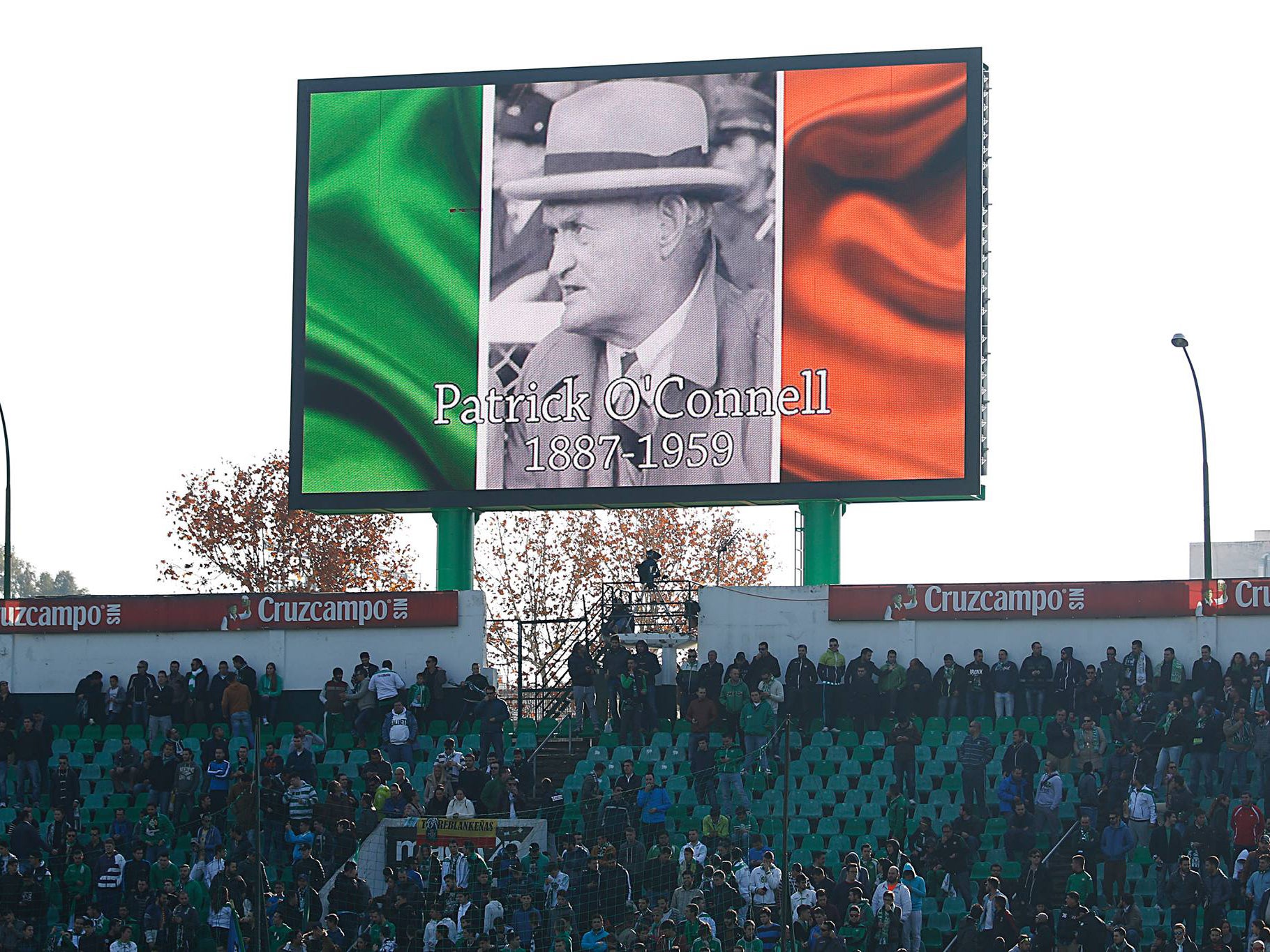
It was a gesture of goodwill at a hugely difficult time, but one that could still have killed Barcelona. Instead, Irishman Patrick O’Connell decided to make an even bigger gesture, that ended up saving the club.
Because, in the summer of 1936, the Spanish Civil War fully erupted and Barcelona president Josep Sunyol - who was also a left-wing Catalan activist - was captured and killed by pro-Franco forces.
Sunyol had the year before appointed O’Connell as manager of the club and, with the 49-year-old at that point on holiday back home in Ireland, the club sent him a telegram saying they would completely understand if he didn’t come back.
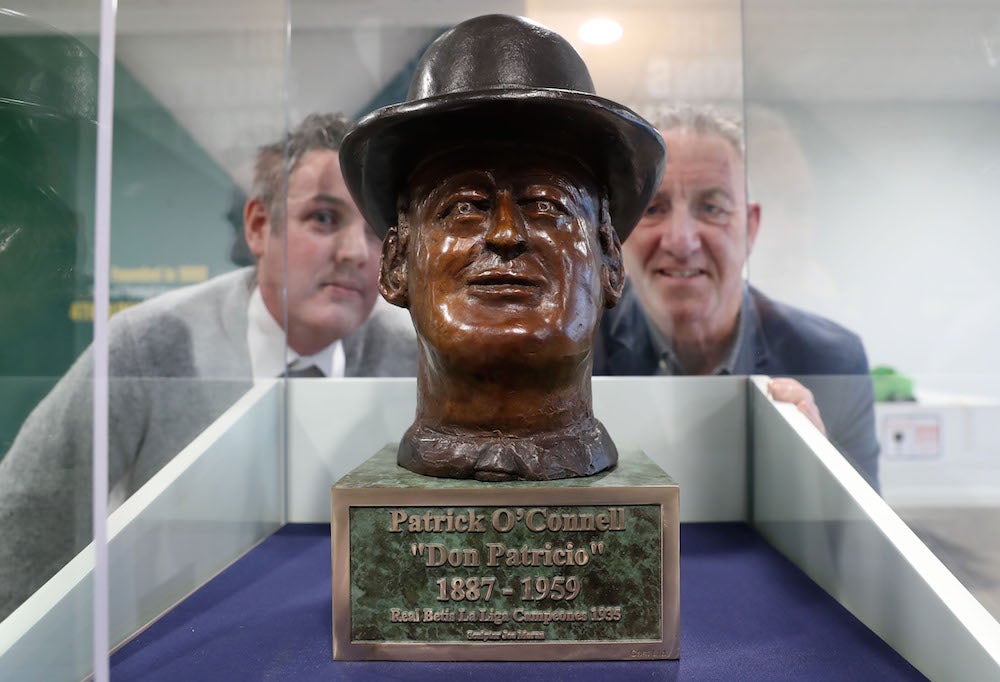
By now a believer, O’Connell decided he must return. It was to prove fateful. With the Spanish regime having already frozen the accounts of the economically ravaged club, there was a genuine danger they could cease to exist. Instead, O’Connell’s actions in overseeing a tour of Mexico and the USA and - crucially - setting up a secret French bank account where they could wire the proceeds were instrumental in saving Barcelona and helping create the club we know now.
It is still genuinely incredible that a feat like this - at a club like that - is just one of a number of remarkable details from the Irishman’s extraordinary life, and they are not widely known. Among the very first £1,000 players, he was also a former captain of Ireland and Manchester United, and involved in one the club’s most controversial matches with Liverpool - the 1915 football betting scandal.
O’Connell was one of those to escape sanction, and ended eventually going to Spain as a manager, where he was responsible for a title win now seen as Brian Clough or Leicester City-like in its sensationally impressive improbability.
In 1935, he ensured Real Betis became one of just nine clubs to have won La Liga. He still ended up penniless and homeless and London, where his body lay in an unmarked grave for over five decades.
That a figure like this still isn’t really known, or properly recognised as one of the great football figures, is lamentable. That, however, may change.
Because, on Friday, O’Connell is returning to Spain - if in a different incarnation, and in a different time. A bronze bust has been made of the Dubliner, to take its proper place in Real Betis’s museum alongside their single league trophy, to properly acknowledge the man responsible for the greatest moment in the Seville club’s history. A special celebration and procession will take place at the Estadio Benito Villamarín on Friday, ahead of the club’s home game with Real Sociedad.
Much of this - as well as the eventual marking of O’Connell’s grave in London, a commemorative plaque being put up in Dublin and his 2015 induction into the Barcelona Hall of Fame - has been driven by a group of determined fans and O’Connell family members, led by Dubliner Fergus Dowd and his friends Simon Needham and Alan McClean.
Dowd speaks to the Independent on the same day he is trying to organise the logistics of transporting the bust to Seville, a surprisingly difficult task given that it weighs 20kg and is about the same size as the one for Sir Bobby Robson at St James’ Park. In the end, it was decided by Irish airline Aer Lingus that it would be best just to give ‘Don Patricio’ - as the bust has inscribed - his own seat.
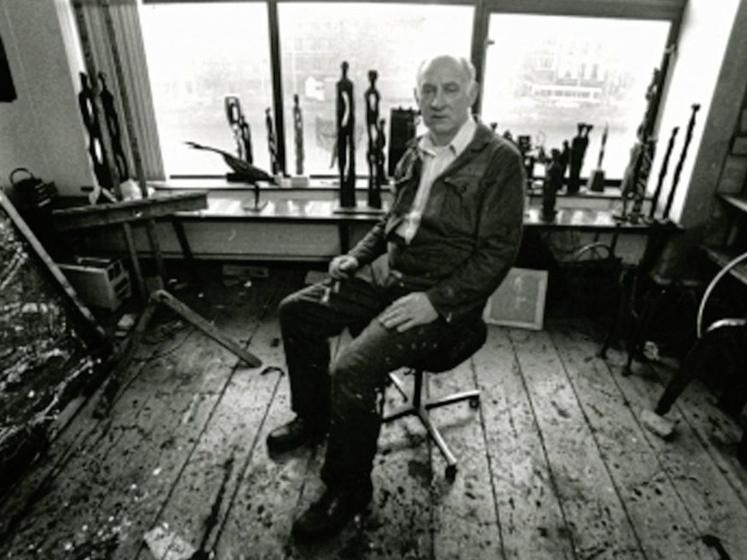
It was made by UN-commissioned artist Joe Moran, and money was raised thanks to the donate of signed jerseys and other football memorabilia by everyone from Johan Cruyff to Franz Beckenbauer to Roy Keane and David Beckham. That illustrates how the story touched people, just as it touched the football fan in Dowd. He was determined to get involved ever since an event at Blyth Spartans commemorating his own friend Scott Bell, a former player who died of Motor Neuron Disease, and where he met O’Connell’s grandson Mike and his wife Sue.
Speaking there due to the fact that the game was against FC United O’Connell’s Old Trafford connection, Sue has written an extensively researched biography, titled: ‘The Man Who Saved FC Barcelona: The Remarkable Life of Patrick O’Connell’.
Even the quest to have that life properly recognised, starting with simply getting that Kilburn grave marked in 2014 and going from there, has been remarkable. It has thrown up even more incredible coincidences of what has been described as an almost Zelig-like life. So much so that filmmaker Michael Andersen is making a 90-minute documentary on it all, having followed the efforts of Dowd and the Patrick O’Connell Memorial Fund for the past year and a half.
“Nobody seemed to know this guy,” Dowd says. “Nobody. Martin O’Neill actually said it on camera. ‘Is it OK to say I’ve never heard of this man?’ “One of the things we wanted to do was raise awareness of Patrick in each city in worked.”
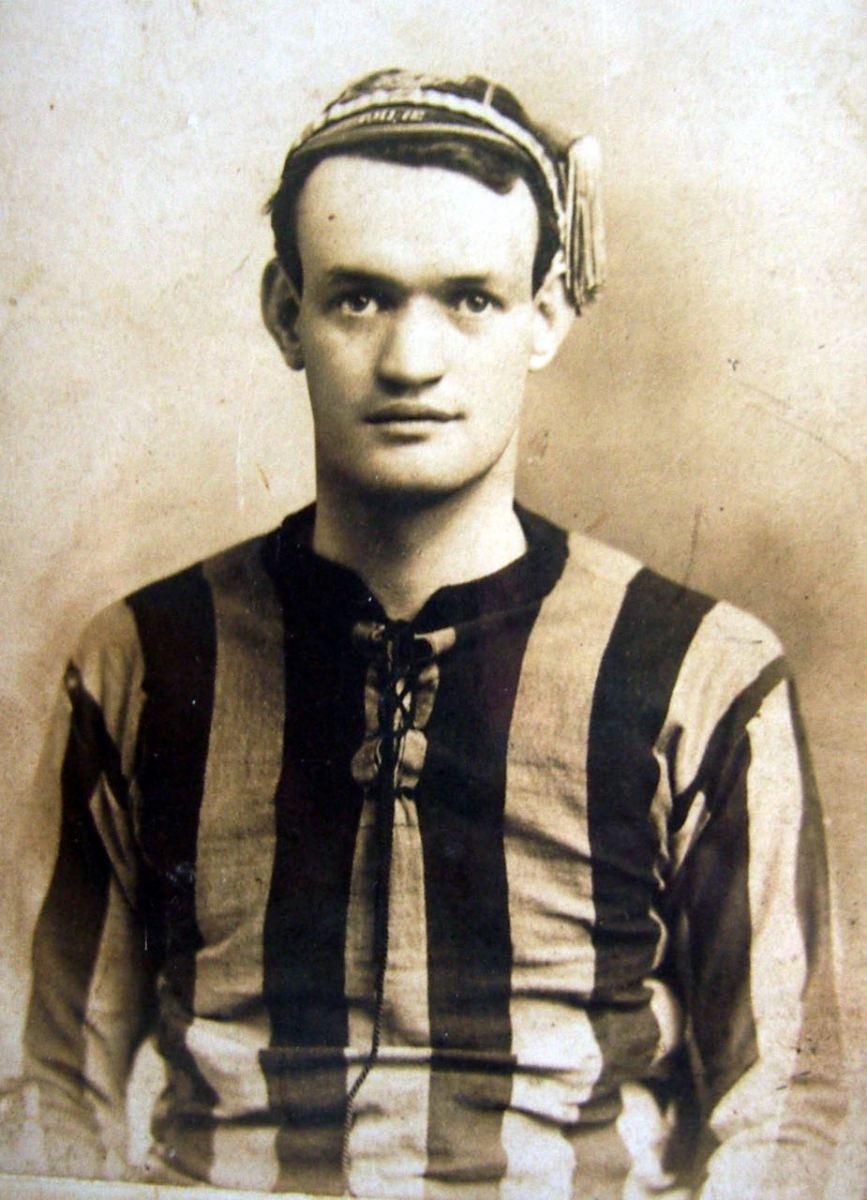
And had an impact. Everywhere, in almost every way. Take one of O’Connell’s landmark six international caps in 2014, that saw a unified Ireland win their only British Home Championship. In the decisive match at home to Scotland, the wing-half broke his arm, but still persevered through a 1-1 draw that sealed the title. That earned a move from Hull City to Manchester United for a still-astronomical £1,000 in May 1914, only for the first world war to break out months later.
The 1914-15 season continued as planned, but ended in remarkable circumstances. Though United were in danger of relegation, more players simply feared the endangerment of their livelihood due to the war, so team-members from both Liverpool and United arranged to fix a decisive final game of the season. United won 2-0 to send both Chelsea and Tottenham Hotspur down, but suspicion was raised by a large bet on precisely that scoreline, as well as a number of odd events during the game.
One of those was a penalty booted farcically wide from O’Connell himself, even though he never usually took them. He was not, however, one of the seven players - three from United, four from Liverpool - to face a lifetime suspension from the game.
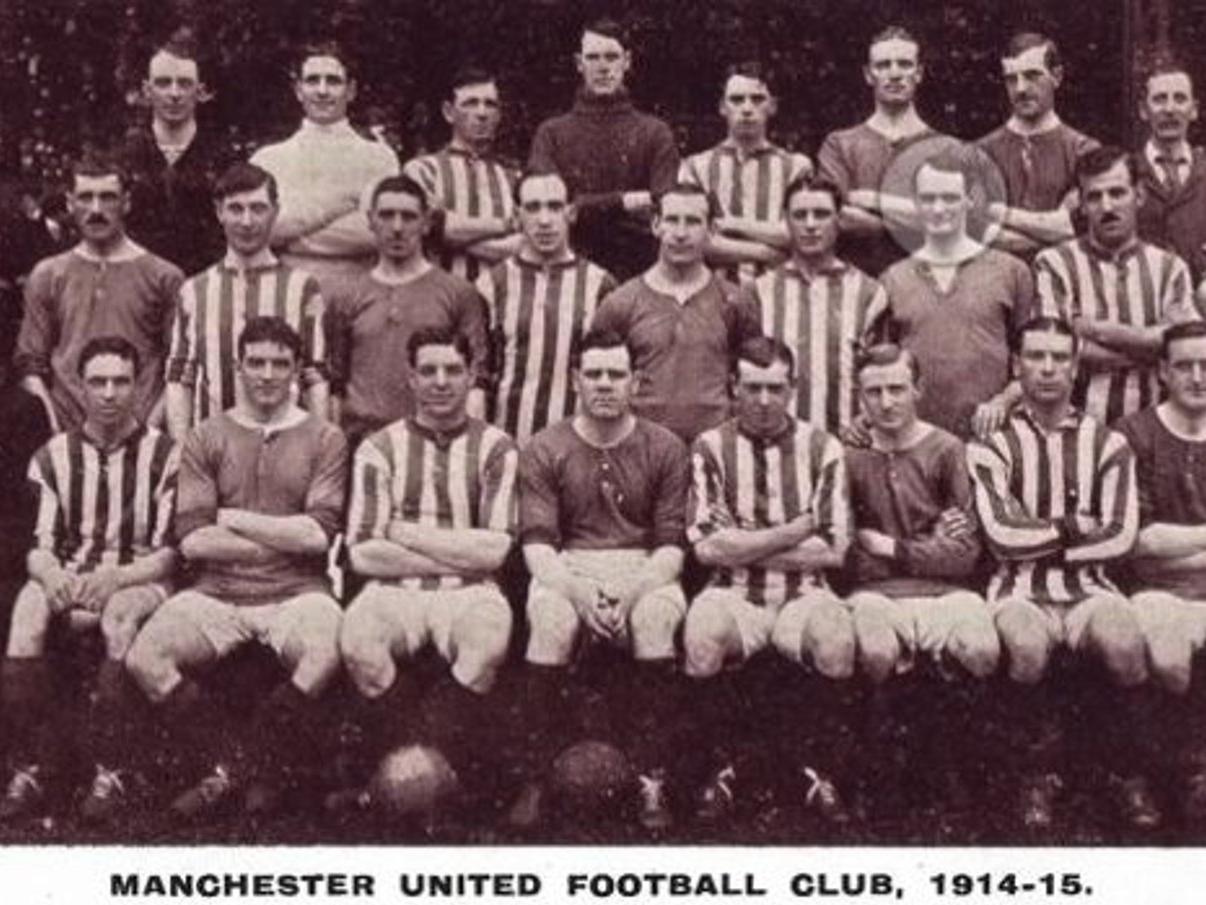
The league was on hold during the war, and O’Connell spent it working in a factory in London. He struggled for a club in England thereafter, so eventually decided to move to Spain, although that raised another controversial and colourful aspect of his life: O’Connell didn’t tell his wife and four children of his decision. He had abandoned them. A reunion with one son in later life would prove difficult.
O’Connell had been easy to track down, however, because of his fame in Spain. Having seen his reputation grow with five regional titles at eventual Liga founding members Racing Santander, he went to Real Oviedo, and onto Real Betis.
It was there, in 1935, he produced an achievement that is still astounding; that still stands out in Spain’s Clasico-conditioned history. Even in those first six years of the competition, it was still dominated by the big boys of Barcelona, Real Madrid and - at that point - Athletic Bilbao. In contrast to the huge crowds they drew, Betis were only getting 1,500 people. O’Connell, however, knew how to play the numbers and play the game differently.

With innovations that were ahead of the time, like physical conditioning approaches such as the banning of players smoking - a genuinely unique move - as well as the pioneering of the offside trap, the Dubliner produced a side that conceded just 19 goals in 22 games. It was a figure out of synch with the general game at the time, and that remains outstanding in Spanish history.
It meant he was an obvious choice for one of the big clubs, and led to his biggest contribution to the game: the saving of Barcelona. That by far superseded the regional titles he won during one of the most volatile periods of Spain’s history.
O’Connell had fallen in love with the country, however, and had three more jobs there after Barca - returns to both Santander and Betis, and a stint at local rivals Sevilla. By then seen as a republican sympathiser, he was only able to get back into the country after a two-year absence in 1942, due to the fact that his second wife - second wife in the sense that O’Connell was then guilty of bigamy - had worked as a nanny for Irish royalty.
The Dubliner’s later life was a long way from such trappings. He eventually returned to England but struggled for work and essentially struggled to live without football. O’Connell fell into alcoholism and eventually resorted to begging on the street, before dying in a boarding house near King’s Cross Station in 1959 aged 71. Only his brother went to his funeral.
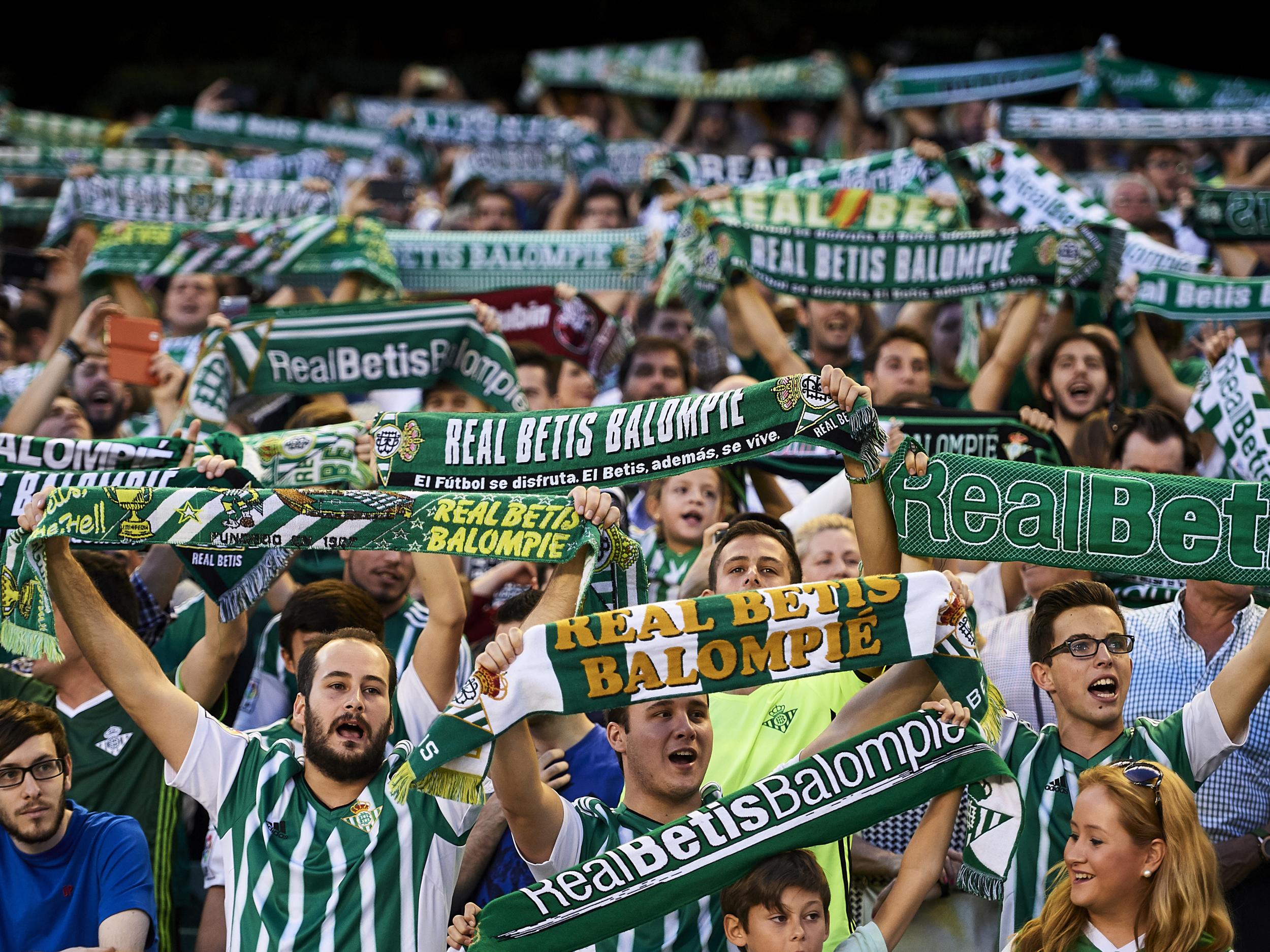
Friday night in Sevilla will feel very different. The bust - featuring the inscription ‘Patrick O’Connell, Don Patricio, Real Betis campeones 1935’ - will go from the team hotel to a local supporters’ club, before being carried to the stadium in a procession. There will be a presentation 10 minutes before the game and, after it, the bust will become a centre-piece of the museum. O’Connell will finally have centre stage.
It surely feels something of the final stage of a journey for Dowd too?
“As well as the main goal of getting his grave recognised, I think we’ve left markers in each different city,” the IT professional explains. “His story really is amazing.”
It is finally become wider known.
Join our commenting forum
Join thought-provoking conversations, follow other Independent readers and see their replies
Comments
Bookmark popover
Removed from bookmarks